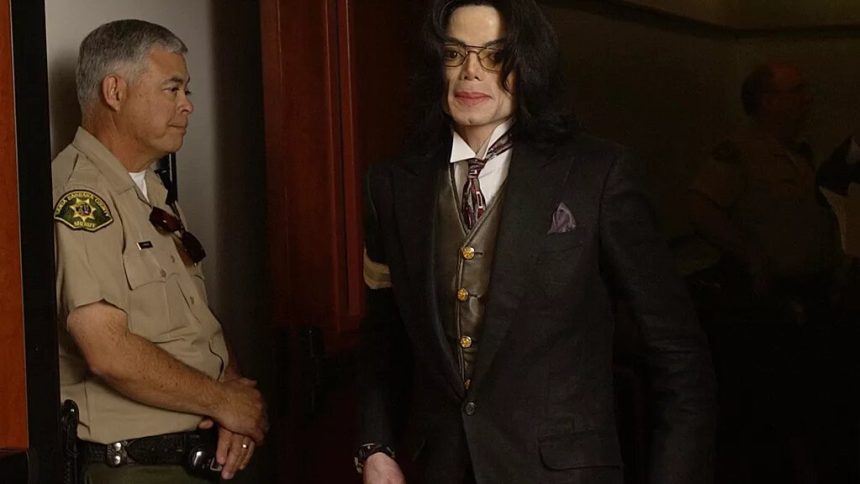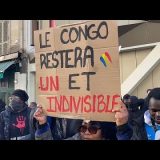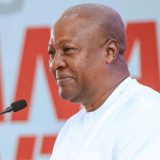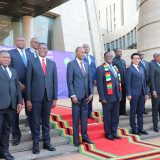California Appeals Court Revives Lawsuits Alleging Michael Jackson’s Sexual Abuse of Minors
A California appeals court has resurrected legal actions initiated by two individuals who assert that Michael Jackson subjected them to years of sexual abuse during their childhood. A three-judge panel from California’s 2nd District Court of Appeal determined that the lawsuits filed by Wade Robson and James Safechuck should not have been dismissed by a lower court. The panel ruled that these men have a valid claim to assert that the two corporations owned by Jackson, which were implicated as defendants in the cases, bore a responsibility to ensure their protection. The reinstatement of the cases was made possible by a temporary expansion of sexual abuse case parameters under a new California law.
This marks the second instance in which the lawsuits, originally launched by Robson in 2013 and subsequently by Safechuck the following year, have been restored following their dismissal. The public gained greater familiarity with the two accusers when they shared their experiences in the 2019 HBO documentary “Leaving Neverland.”
In 2021, a judge who dismissed the suits reasoned that the corporations in question, MJJ Productions Inc. and MJJ Ventures Inc., couldn’t be held to the same standard as organizations like the Boy Scouts or a church, where a child’s welfare would be anticipated. Jackson, who passed away in 2009, was both the sole owner and exclusive shareholder of these companies.
The higher court judges disagreed, emphasizing that “a corporation that enables the sexual abuse of children by one of its employees cannot escape an affirmative obligation to safeguard those children, even if it is solely owned by the perpetrator of the abuse.”
They added that “it would be illogical to absolve the corporate defendant of duty solely due to its single shareholder status. Thus, we overturn the judgments in favor of the corporations.”
Jonathan Steinsapir, attorney for the Jackson estate, expressed disappointment, reiterating their belief in Michael’s innocence and attributing the allegations to money-seeking motives.
Vince Finaldi, legal representative for Robson and Safechuck, welcomed the court’s decision, deeming it unsurprising given the incorrect nature of the previous judge’s rulings that ran counter to California law. He expressed anticipation for a trial based on merit.
Steinsapir, arguing for the defense, had contended that it would be unreasonable to expect employees to challenge their superiors about such behavior.
Boyer, another attorney for the accusers, countered that the boys were left unprotected by the defendant’s staff, asserting a legitimate duty to shield and warn.
The panelist Associate Justice John Shepard Wiley Jr., in a concurring opinion, highlighted that treating Jackson’s wholly-owned entities as distinct from Jackson himself is an abstraction. He described the case as a “same ego” situation rather than an “alter ego” scenario.
The court did not pass judgment on the veracity of the allegations, as that will be determined in an upcoming jury trial in Los Angeles.





